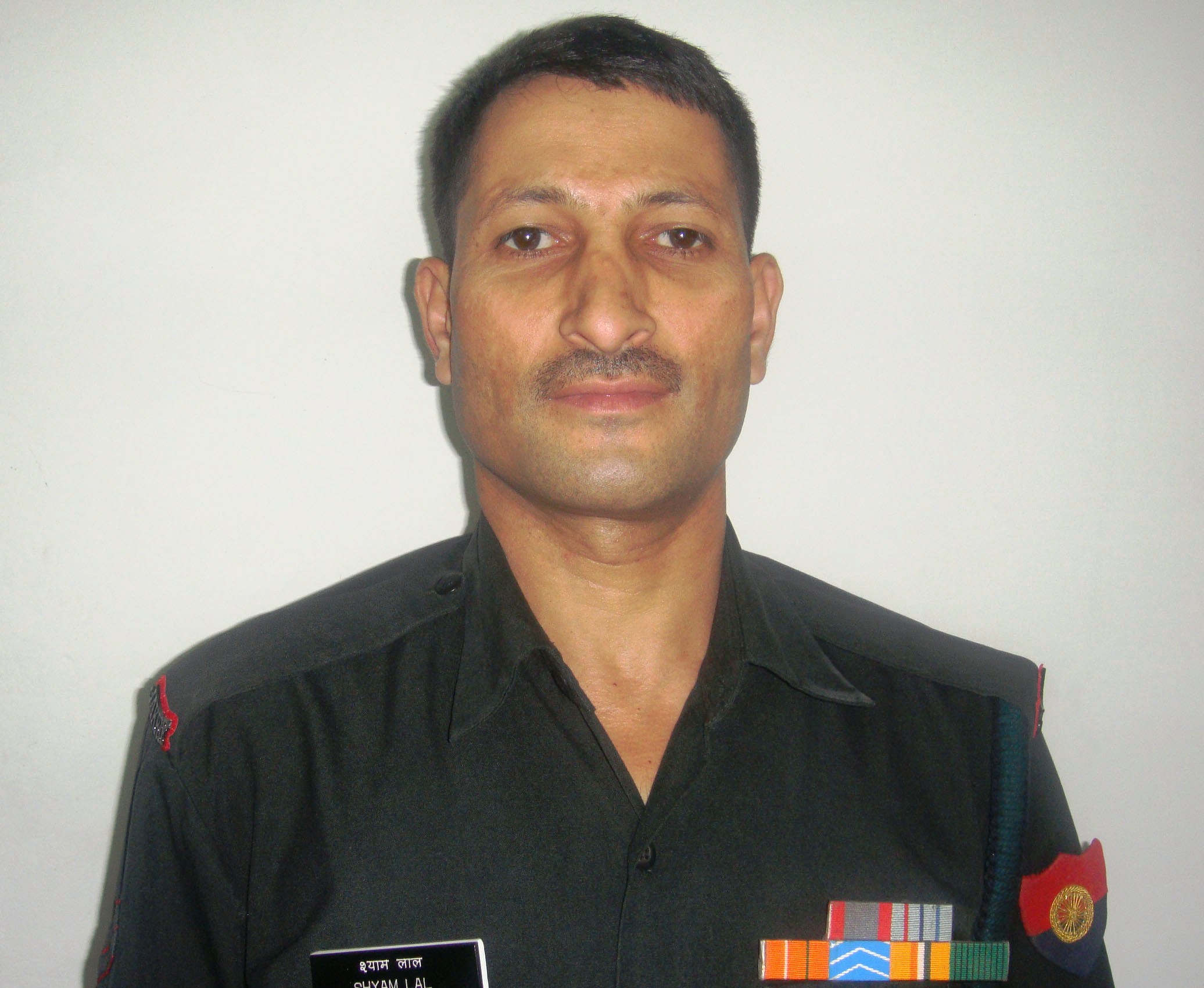|
India, like any other country does have its own Special Forces – the Army has Para Commandos, the Navy has the Marine Commandos (MARCOS for short), and the Air Force the Garud. Besides, India has the National Security Guard (NSG) which is a Special Response Unit which is primarily tasked with counter terrorism activities, the Special Frontier Force whose one squadron is responsible for counter-terrorism duties.
According to Lt General RK Nanavatty, who has been involved in planning aspects of Indian Special Forces and has been studying the subject for years, India does not have the capabilities of executing an operation similar to Operation Neptune’s Spear. Gen Nanavatty said “We are not capable for a variety of reasons. Political understanding of special operations is very important then only you can commit money, time and technology for nurturing such a force. “Special Operations today are controlled by men who do not understand them”.
Lt Gen P C Katoch, a former SF officer and a leading expert on Special Operations, said major operations by Indian troops have at various stages demonstrated what was wrong with them. “There are problems of intelligence, logistics etc. Our SF forces are doing what conventional troops can do and there is an overall lack of political willpower to nurture the capability with long term vision,” said Katoch, who led an SF unit in Sri Lanka with the Indian Peace Keeping Force in the 80s and has also been involved in planning of Indian SFs. “Our men are ready, but minus intelligence, support etc,” Katoch pointed out.
General Katoch pointed out that many of the mistakes of 1987 when Indian troops carried out an unsuccessful operation to capture the top leadership of the LTTE including its supremo Prabhakaran from Jaffna University were there to be seen in November 2008 in Mumbai when NSG commandos were deployed to take on the Pakistani terrorists. In 1999, a team of NSG commandos tailed hijacked IC 814 aircraft to the Gulf region but returned. They could not also think of carrying out a surgical operation in Kandahar for a host of reasons including lack of airlift and political will.
The two essential pre-requisites for conducting a successful special operation are availability of hard intelligence and sophisticated technical support. To elaborate, the planners and executors of this type of operation must be fed with concrete real time intelligence about the mission or objective to be accomplished. For instance, when the Israelis executed the raid at Entebbe in 1976, the commandos and the senior military commanders sitting in Tel Aviv were fully aware of the location of the hostages, the number of terrorists, the layout of the terminal building, etc. The commandos knew where their targets were, where precisely the Ugandan troops were stationed and how reinforcements, if any, were to be neutralized. In the absence of human intelligence (HUMINT), it may be impossible to carry out a successful operation. America's Central Intelligence Agency maintained a safe house near Abbottabad town for a small team of spies who conducted extensive surveillance on slain Al Qaeda chief Osama bin Laden's compound for months before President Barack Obama signed an order to kill the most wanted terrorist on April 29. It is estimated that the US has had about 3000 operatives active in Pakistan at the time of the Abbottabad raid.
The second essential is the availability of technological support such as satellite imagery of the target area, stealth technology for the purpose of infiltrating and exiting of the operatives undetected and secure communications.
Another important essential for carrying out special ops is political will. India lacks the political will to carry out any type of surgical strikes against non-state as well as state actors, notwithstanding the fact India has repeatedly been subject to terror strikes sponsored by Pakistan. Israel on the other hand, has displayed considerable amount of political will in striking back at its adversaries and has the unique distinction of having struck against non-state actors far from its borders.
Narayan Kumar is a Mumbai-based lawyer with specialisation in International Law and maintains a blog at kumar-theloneranger.blogspot.com
(The views expressed in the article are that of the author and do not represent the views of the editorial committee or the centre for land warfare studies).
| 


